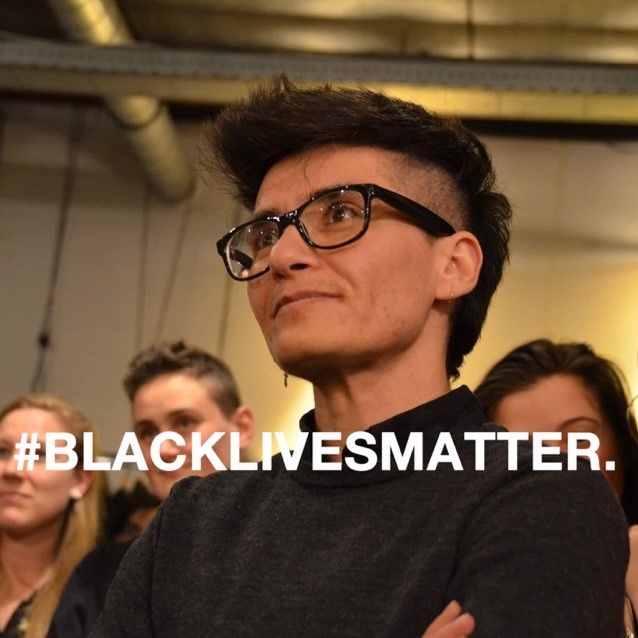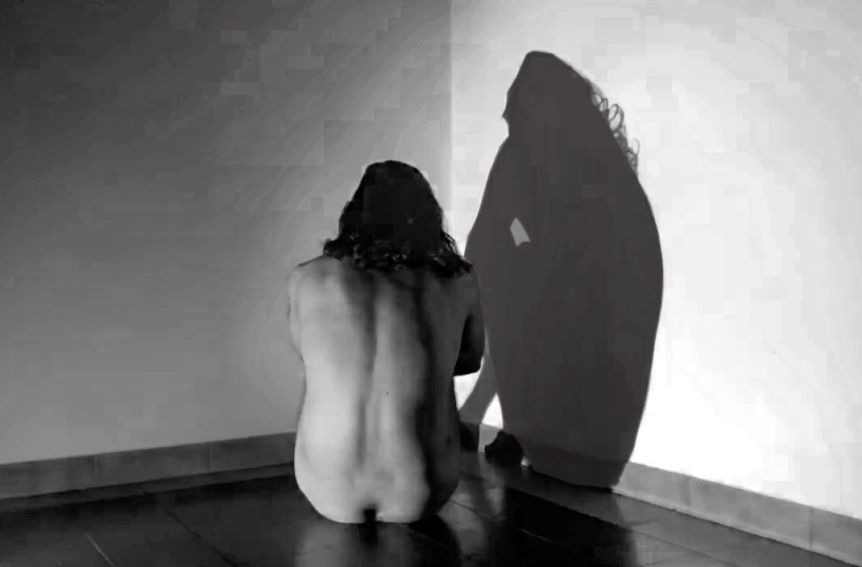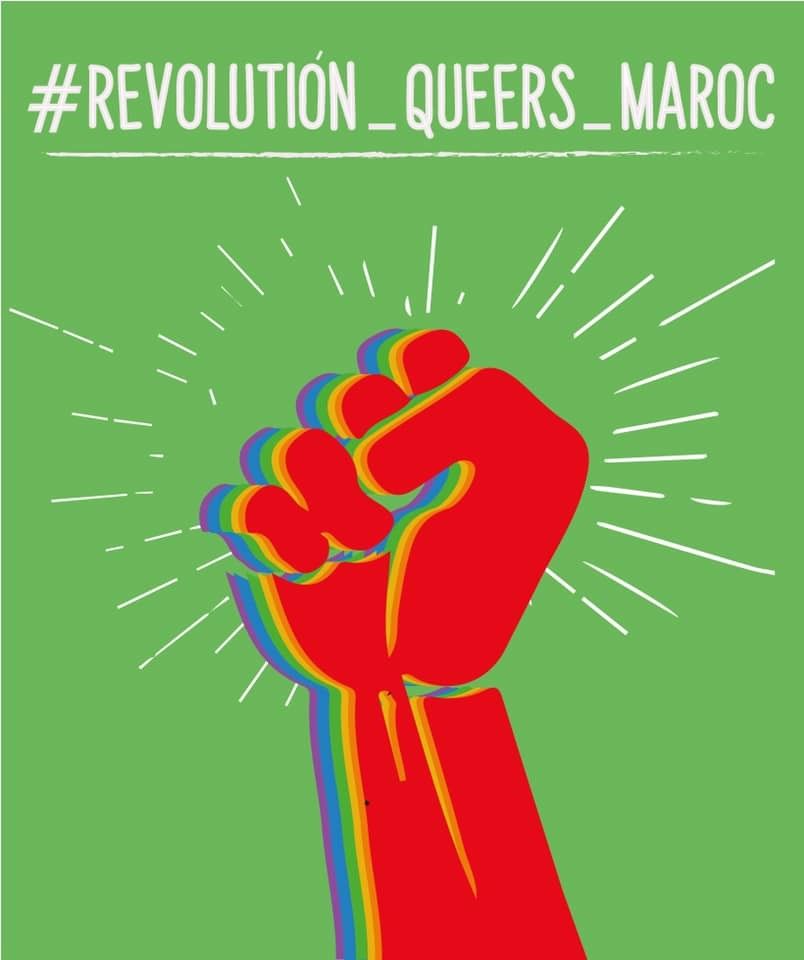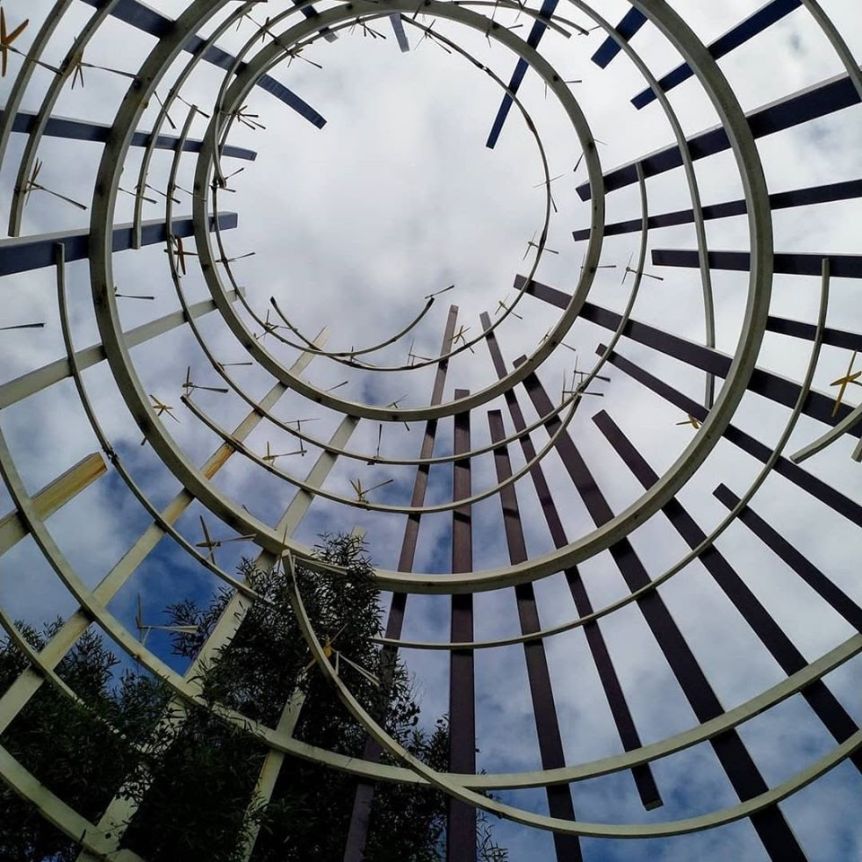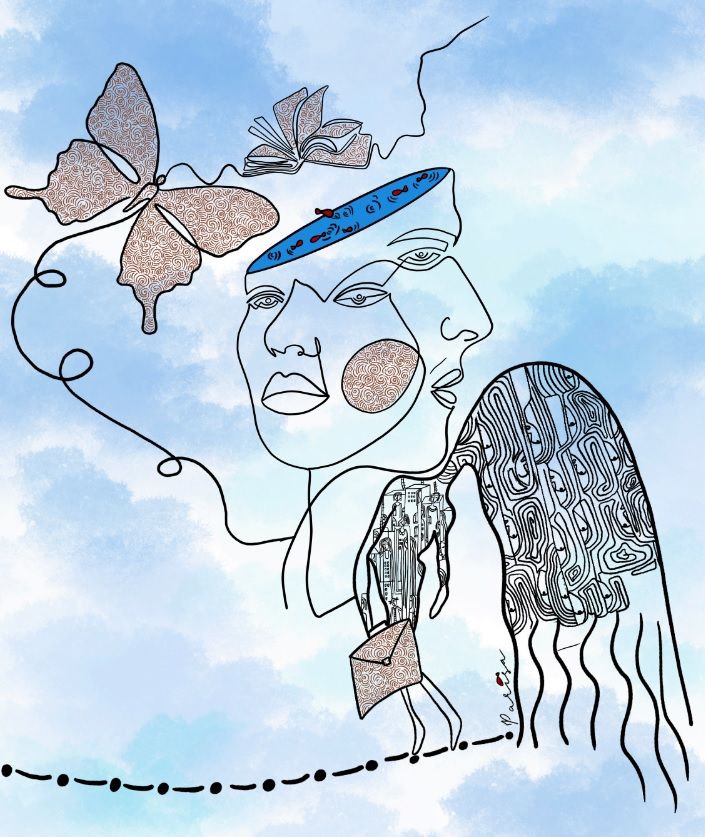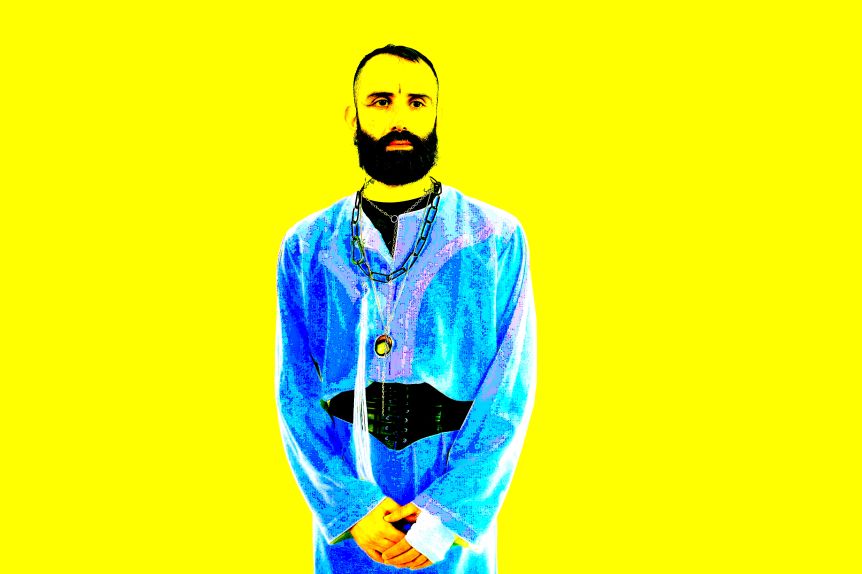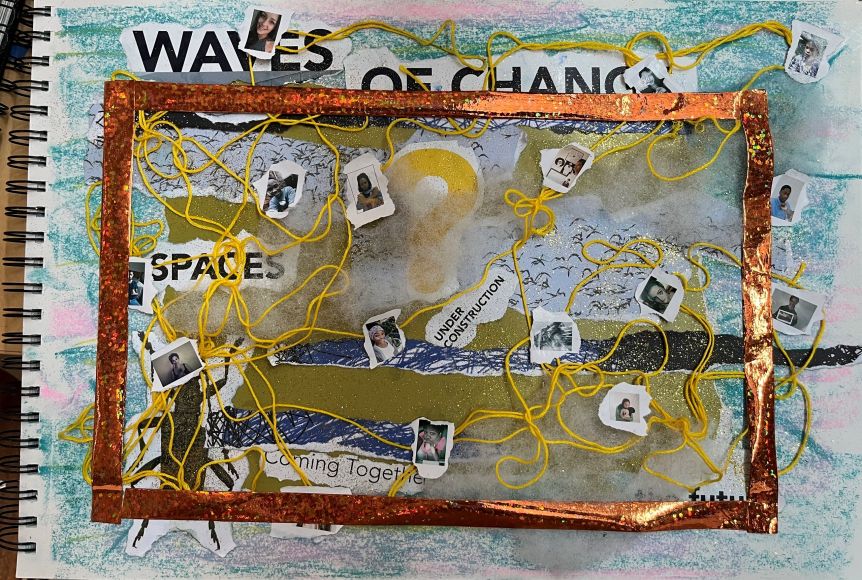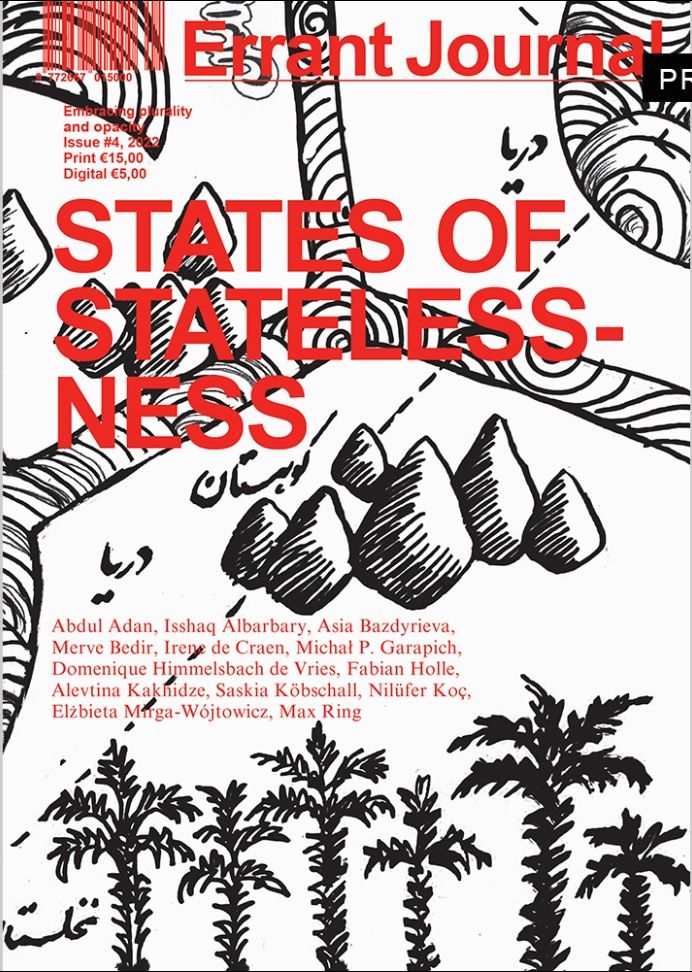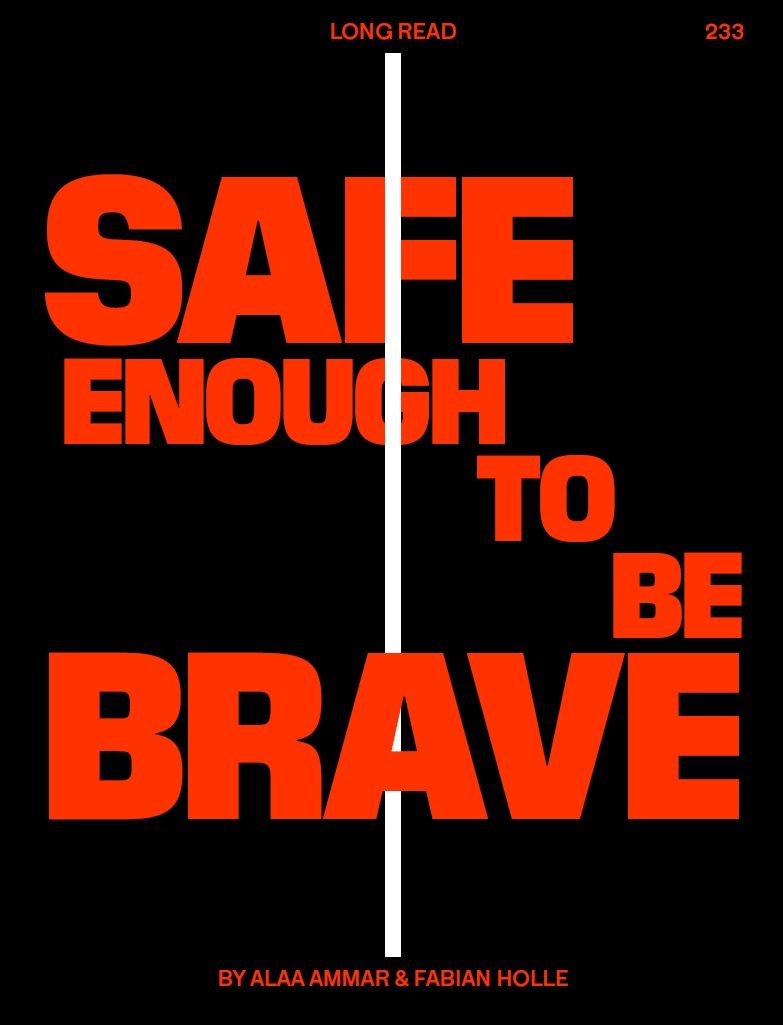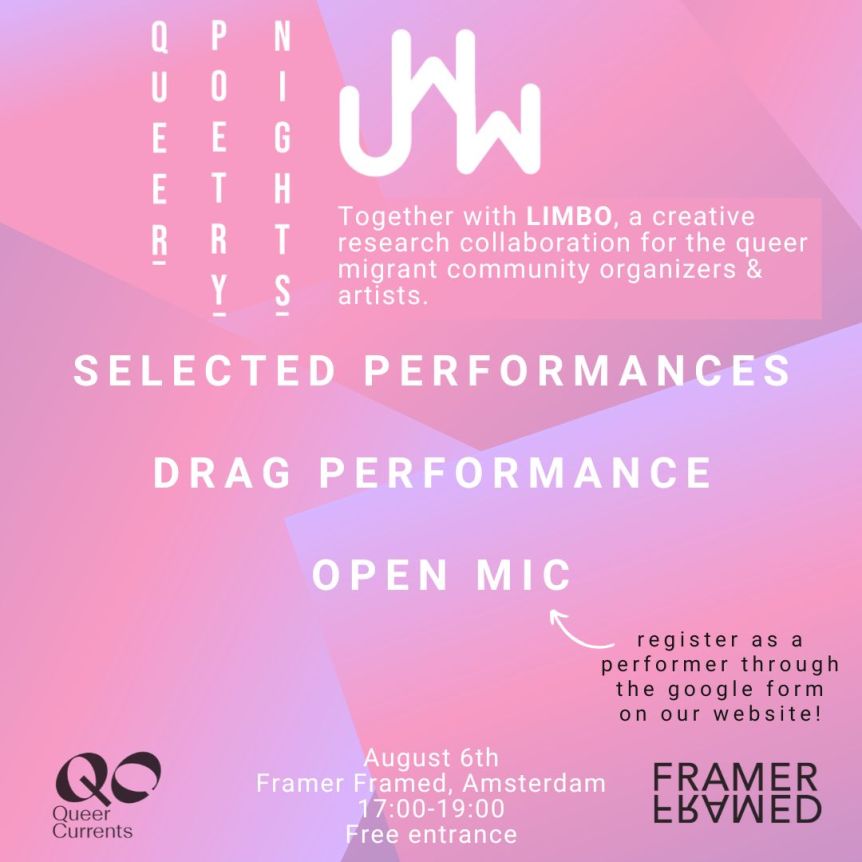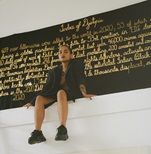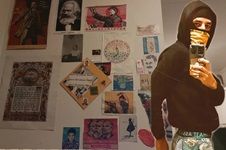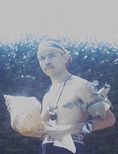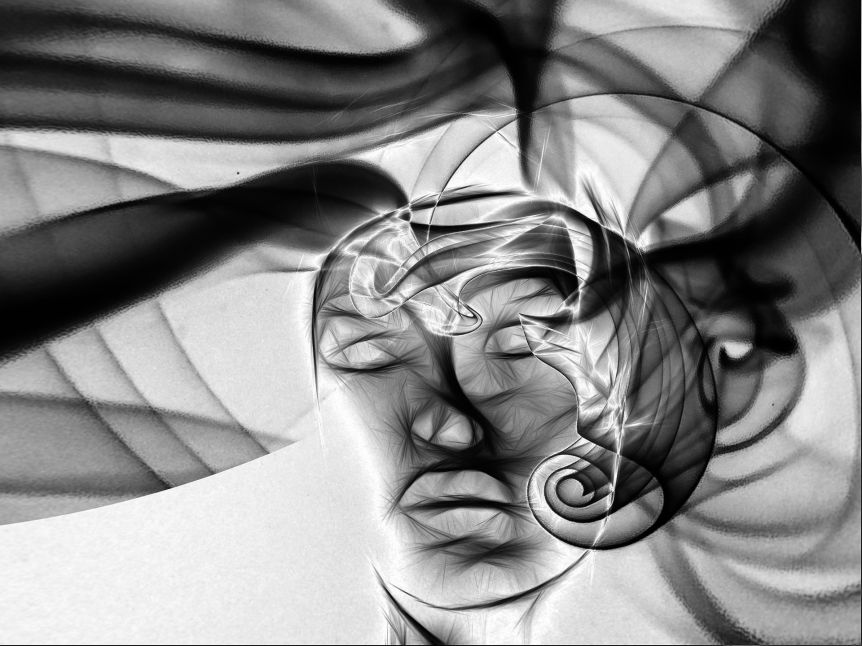
I have always loved working alone. Having time to organize thoughts, write them up, correct and polish my expressions until they appear of sufficient quality to be shared with others. Clearer, brighter and better structured than if I had to shape them in the immediateness of face to face interaction…
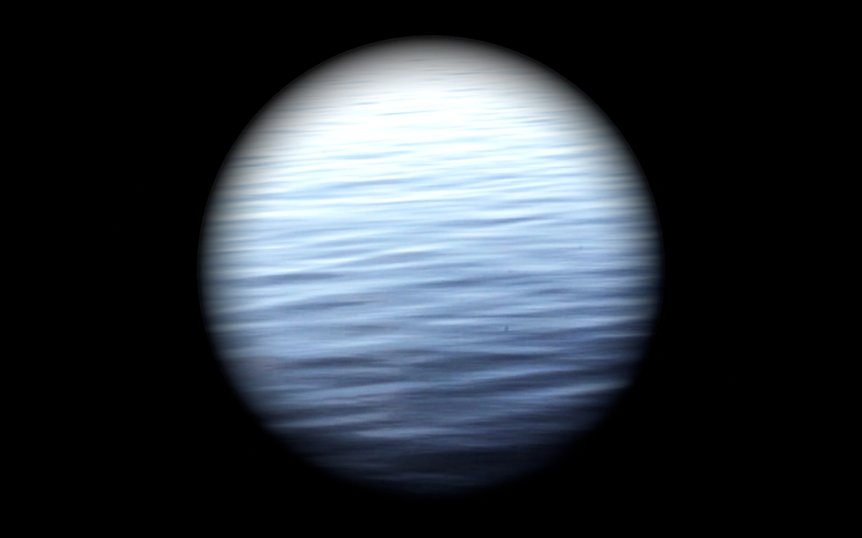
In September 2015, Alan Kurdi, a three-year old Syrian Kurd, drowned during his family’s attempt to cross the Mediterranean Sea. His photo – and his story – made international headlines. Although the Syrian civil war had begun in 2011, Alan’s story – his family’s flight from Syria, their attempt to cross from Turkey to Greece in an inflatable raft, and Alan’s death by drowning – forced much of the world to start paying attention to the conflict.
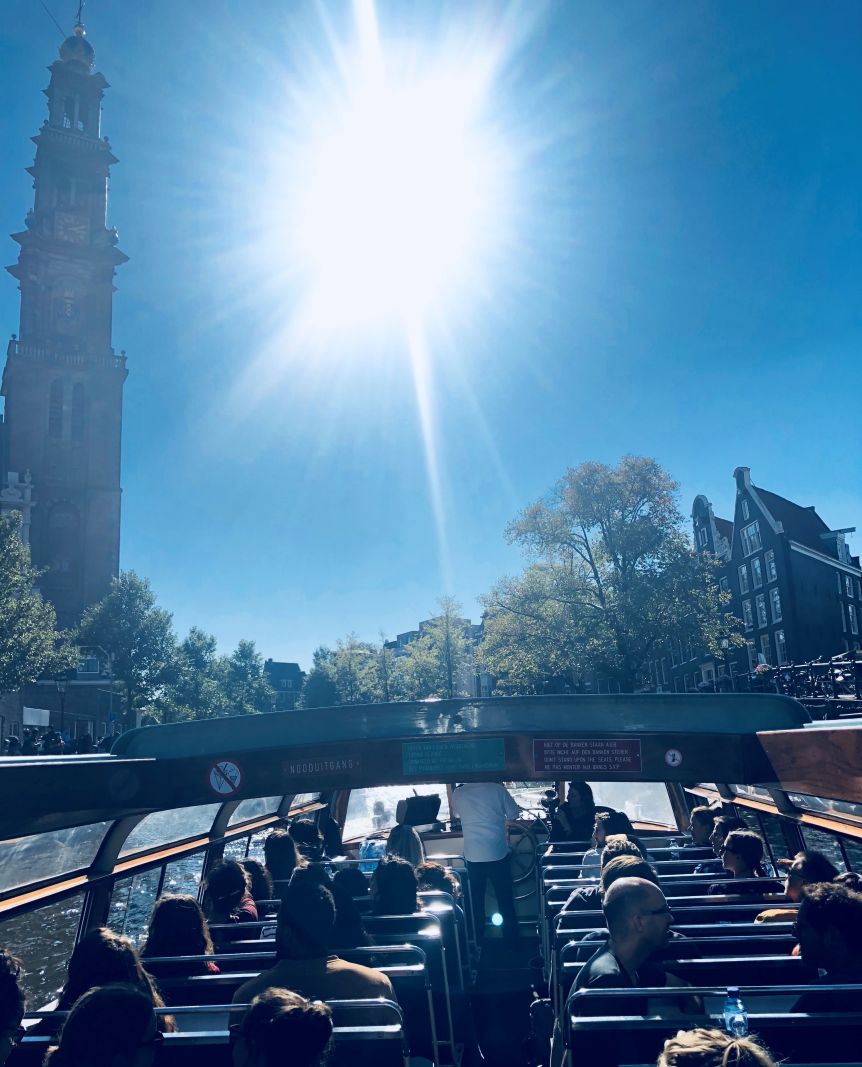
In the Netherlands, there are numerous well-intended societal and academic initiatives aimed at building a just society in which everyone can participate equally. In this blog, I reflect on such intriguing promises of inclusion, based on my own journey as a Swiss academic trying to be included and promote inclusion in the Netherlands.
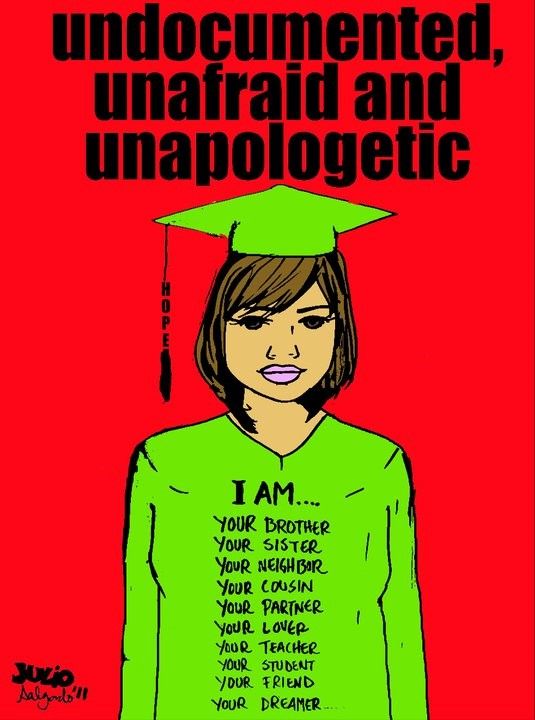
Immigrants experience many different forms of exclusion. Sometimes, the sources of exclusion are harsh and blatant, such as the discrimination and hatred that undocumented immigrants experience from being called “occupiers,” “criminals,” or “rapists.” At other times, these sources of exclusion are more subtle, such as when everybody agrees that immigrants should conform to the mainstream culture of the country of settlement at the expense of their own cultural and personal identities.
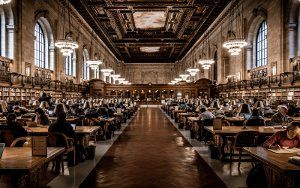
Imagine a new colleague in the position of an assistant professor (including research and teaching time) with the ambition to stay in academia. She was assigned quite some teaching tasks, which she wholeheartedly commits to. As she is not familiar with the curriculum, she needs to invest quite some time to give the teaching the quality that is expected, which she herself also finds very important. Therefore, all the time that she is paid for by her employer, she devotes to teaching.

